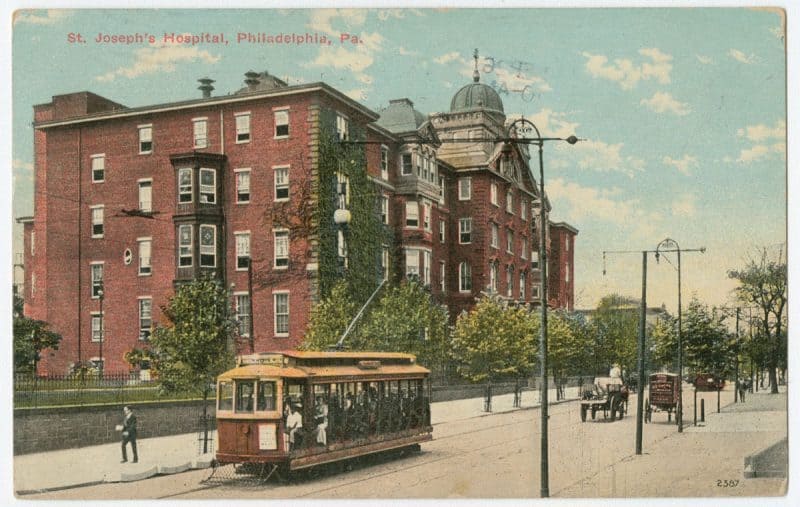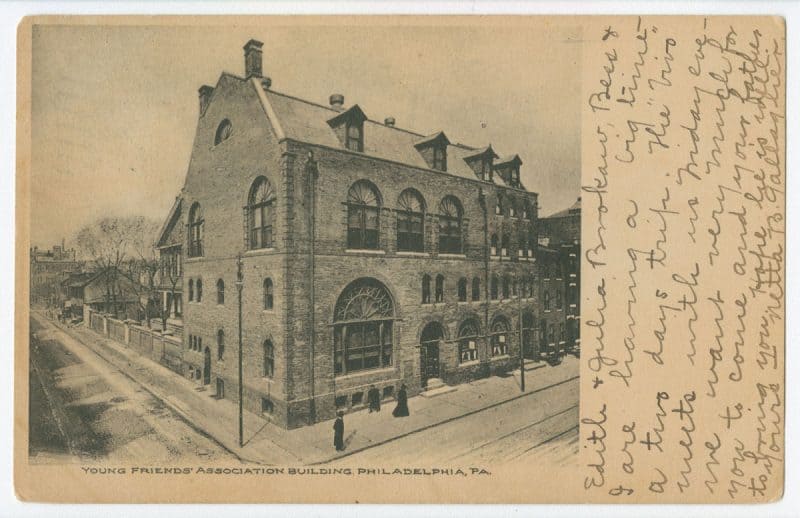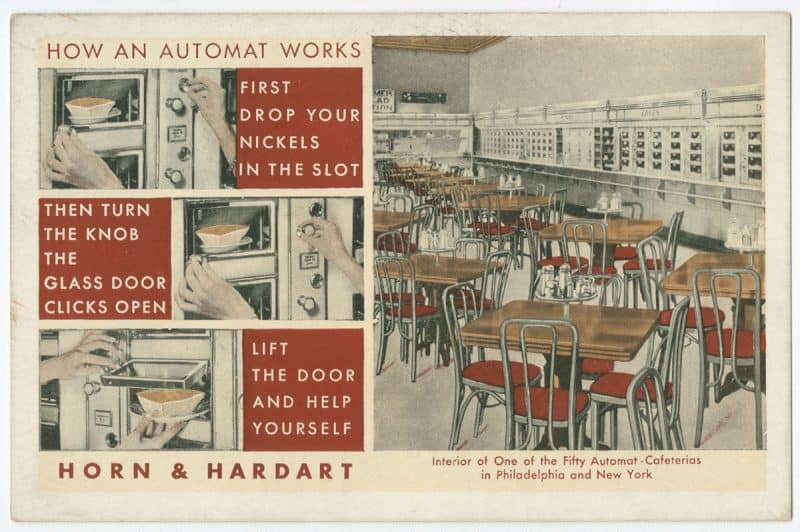Exploring Ephemera

St. Joseph’s Hospital

Young Friends’ Association Building, Philadelphia, PA

Horn & Hardart, How an Automat Works
1314 Locust St., Philadelphia, PA 19107
TEL 215-546-3181 FAX 215-546-5167
http://www.librarycompany.org

St. Joseph’s Hospital

Young Friends’ Association Building, Philadelphia, PA

Horn & Hardart, How an Automat Works
Leave a Reply
Want to join the discussion?Feel free to contribute!